
Muse & Mastery
Hosted by Aliya Cheyanne, Muse & Mastery is a digital sanctuary for creative thinkers, makers, and seekers. Each episode explores how we can live, create, and evolve in alignment with our purpose.
Muse & Mastery
Get In, Love. We're Kissing Imposter Syndrome Goodbye. | Ep. 61
Ever felt like an imposter in your own career, despite years of hard-earned experience and success? Join me as I unravel the complex layers of imposter syndrome by sharing some of my own struggles with self-doubt. Together we'll explore how to assert credibility and authority, drawing on our profound depth of ancestral knowledge and lived experiences.
This episode promises to illuminate the path to recognizing our own unique strengths and the immense power of creativity. As we round out this episode, I discuss practical steps to embrace confidence and validate personal authority. Society may fuel feelings of inadequacy, but we have the power to reclaim our self-worth by leaning into our education, experiences, and intuition.
Watch this episode on YouTube!
Related Episodes/Resoures:
-- Ep. 51 | A Free Woman's Journey to Love & Liberation: In Conversation with EbonyJanice Moore
- Checkout this imposter syndrome IG post by EbonyJanice!
-- Ep. 55 | Culture, Afrofuturism & Ethical AI ft. Minista Jazz
- Checkout this imposter syndrome IG post by Minista Jazz!
Stop Proving Yourself -- Believe the Space: IG post by Dr. Nicole Truesdell
Theme Music:
She No Dull Beat by Nana Kwabena
Festivities in Belize by RAGE Productions
Enjoy the episode?
- Share it with friends!
- Send a voice note or text!
- Rate & review the podcast!
Follow @museandmasterypod on your favorite SM platforms!
Watch full interviews here on YouTube!
Join me over on Substack!
Check out my favorite brands and snag a discount!
Grab a guided journal here!
Are you a creative, solopreneur or entrepreneur who’d like to be featured on Muse & Mastery? Let me know here!
Hosted by Buzzsprout. See the Buzzsprout - Privacy Policy here.
Hey friend Aaliyah Cheyenne here, Welcome back to the Prolific Hub podcast. Okay, so we need to talk. I have been struggling with imposter syndrome lately. I know I'm not alone in this feeling and this battle. I've been questioning nearly a decade of experience and whether or not I'm good enough to be anyone's consultant. I've been questioning other creative projects that I'm working on, wondering like if I write this thing, will anyone actually read it? Who's going to listen to me on this show? Who will want to be coached by me about anything? I have been processing so many things internally with my business coach, in therapy, with friends, family, and it's become abundantly clear that I absolutely need to stop downplaying myself and my accomplishments and what I bring to the table and my accomplishments and what I bring to the table and I know that's not just true for me I'm pretty sure that if you've ever struggled with imposter syndrome, that is 1000% true for you too. I mean, when I think about the course of my own career through college and in graduating, I have led citywide and statewide policy campaigns, policies that stuck and had real, tangible effects on people who needed them the most.
Aliya Cheyanne:I'm a writer. I write for myself creatively. I've written everything from blogs and monologues for other people. I've organized small and large-scale events and community engagements. Intuitively, I've always been the person that people come to for advice, for support, and always about various things. I've always been a very reflective and inward focused and introspective person. I've always been curious to learn more about human behavior and the way that we relate to one another. I've always had imagination. I've always been creative. Once upon a time I loved to write poetry and I was reminded of that recently in an astrological reading that writing is a powerful tool for me. You know this podcast is a creative outlet for me. I have other projects, creative projects that I'm working on that I'll be excited to share here in the near future.
Aliya Cheyanne:Creativity has always been in my bones and in my blood. I'm a planner. A lot of my birth chart is grounded in Earth and Capricorn energy. I create structures and systems for various things like no other. It's literally in my nature. So many of the modalities that I like and love confirm this for me. People in my life remind me of my own power. When I'm in doubt, they help me to see my blind spots, for good or for bad.
Aliya Cheyanne:I've been told multiple times by different people that I could be and I should be a motivational speaker. I am organized, I'm direct, I'm great at analysis and building systems and so much more. I literally have no reason to feel like an imposter about anything, and yet sometimes I do. Sometimes I really really struggle with my relationship with the word expert and considering myself one, and in doing so I discount my own lived and professional experiences, which is crazy. You know, this goes back to the conversation around authority that we had with Ebony Janice Moore in episode 51. Let's actually revisit a little bit of that conversation right now. You've spoken about softness on this show and other podcasts in the past. You've also spoken about intuition, but something that I love when you speak about is credibility and authority, and that's actually how I got the introduction to you through the incredible LaVon Briggs, who quoted you and saying citation makes you credible and so around that language language.
Aliya Cheyanne:But the way you also speak about authority, you've done it in a way that I haven't always thought about and that who created these structures and these parameters to say that so and so is an authority in this space, especially when it's cultural, knowledge or historic, you know. So I would love to just talk about that for maybe two minutes, like just your sort of thought process around credibility and authority and what that looks like for you, especially in your work, but also what it looks like for black women showing up in spaces, sometimes predominantly white spaces, where our authority is regularly questioned and challenged.
EbonyJanice Moore:I wrote about this in my bestselling book All the Black Girls Are Activists, where I talk about this three-part track that I call the Range. It is my ancestors, my education and my lived experience is what qualifies me and authorizes me and makes me credible. And so it is all three of them, though right, it's not just one and not the others, it's all three of them. My ancestors make me credible. They qualify me, they authorize me because, number one, they've been about it and they still about it. They likely created it, they already done it and ran circles around it. And there's something that I get to know because, from a scientific epigenetics expresses to me that there's something from my Medea, my great grandmother, there's something from my Medea that is in my body that you know, that is a part of me, that. So that means that there are things that I absolutely know that nobody taught me. Nobody taught me that. How do you know that? As a young girl, before I even had the science of it, I'll go from a spiritual perspective. I'm just really tapped into a supernatural knowing which I think we all have access to. It's really just a matter of I think, maybe even too, as a dreamer and as an introvert. Because I spend so much time to myself, I have more quiet space to hear from spirit. So maybe that's it. I'll suggest that, possibly. But there were things that I would say to my grandmother about her mother. Sometimes, like just using my imagination I'm doing quote fingers I think this is my imagination. Like, grandma, this is what I think about your mom. You know, dah, dah, dah, whatever I can tell her a story and my grandmother would get emotional, like how do you know that? Because my Medea, which is my grandmother's mother, what they call her Medea, my Medea transitioned when my mom was a little girl, so how would I know anything about this lady? And my grandmother would just get immensely emotional. Like that is, get immensely emotional. That is my mother. You are telling me about my mother.
EbonyJanice Moore:Right now I'm using my knowing about my Medea, about my great-grandmother, as an example to say that if I could know things about her, then I could know things that she also knows and therefore there's no one that can tell me that I'm not credible because I didn't study that thing in order to learn it or I didn't go to some institution external from myself or my family or my genealogy right To know it, that I know it. So my ancestors authorized me my education, which is formal and formal education. Right, my education and my lived experiences. So there is just data that I'm collecting on a daily basis. Right, there is a language that I speak, that there is a certain demographic of people that speak that language. It's called Black girl. Right, and so our shared lived experience makes us credible.
EbonyJanice Moore:Right, white institutions would say that it would more often than not, particularly from a cultural, anthropological perspective, say that it is better to have someone outside of that group of people do the study and then produce the data. But usually the person outside of that group is a white man and or white man adjacent. Right, it's not us that can say even if we gave you access to our group, you still wouldn't be able to properly articulate what it is that we were saying, because there's still coded language in our body movement, there's still coded language in the way that we express ourselves. Right, it's just still coded language. You could deeply initiate yourself and enmesh yourself as much as possible into this group and you still would understand it. So, therefore, the authority on this topic is me.
EbonyJanice Moore:Right, my lived experience makes me the authority and I, you know, in closing to that, I really come to those, to that three parts of my ancestors, my education, my lived experience, is what qualifies me and authorizes me, because there are times when there is no institution that has ever existed and or will ever exist that can prove to me that I know, don't know, the thing that I just said. I know, don't know, there's no one. And to say that I'm not credible because no one said I'm in charge of this information, I will certify you, authorize you, make you credible. It's literally just white supremacist delusion, which is language that I got from Sonya Renee Taylor, just white supremacist delusion. And and there's a where I I even lean into the language of authority, because I remember hearing my um uh pastor of his church.
EbonyJanice Moore:I used to go two years ago. We were having a conversation about something that was going on in my life and he said, he said to me like with energy who authorized you? And that voice comes up in my head so often when somebody's trying to say a black woman ain't credible to do, or I can't do this or shouldn't have space for this. Who authorized you? Who put you in charge? Who agreed? Who said Now, maybe somebody did. But it wasn't me, it wasn't, it wasn't this collective group of people who were being excluded from this conversation. We didn't agree. You know why we didn't agree? Because we never had even had a vote, we never had any say so.
EbonyJanice Moore:So it's really important to kind of in the deconstructing and the decolonizing of your own intellect. It's really important to just ask the question who said that? That was the way, the truth and the light? Who said so? And once you arrive at who said so, ask yourself the question that queer theologians, zan West, asked us to ask who does it benefit for me to believe it that way? Okay, who authorized you? Okay, I see who authorized you. Now let's see who does it benefit for you to be in charge? Who does it benefit for us to believe it the way that you say so? And if it doesn't benefit the least of these, then ain't nobody. Well, so in that, how much more could we really be walking into our authority if we understood that it's hella people out here saying they in charge of some stuff, that none of us given the chance to really think this through? We starting back, we ended where we started, giving the chance to think a thought through. Yes, none of us would agree that you're really in charge. Yes, none of us would agree.
EbonyJanice Moore:So therefore, there has to be some other track, some other mechanism through which I get to filter my authority, and I will do that in a in a holistic way, through my ancestors, my education, my lived experience. Those things are what make me credible and I dare you to tell me I'm not. Because you don't know my grandmother, you don't know her mother, you don't. You can't tell me that I don't. I know that factually. How can you tell me I don't know that I'm not, I'm doing. How can you tell me I don't know that I'm doing? You know right. So there has to be theory, ethic and practice. So the ethic, my code of conduct, is that I would be in integrity and I won't cause harm to anyone with information. I won't just make up something and say this was revealed to me, right. But there are some things I know that there's the only way that I can know it is spirit, and so spirit got to be a credible source to cite them.
Aliya Cheyanne:And spirit, and so spirit gotta be a credible source to cite them, and that's just that. Yes, I love that. Oh my God, that's so good. I share all this to say that sometimes we struggle with imposter syndrome. This capitalist society is great at breaking down our self-worth and and making us feel like we're not good enough or smart enough or capable enough. And perhaps much of that may stem from our childhoods and you know what transpired with our primary and early caregivers. But I think we also always have to remember the societal and environmental structures that are at play. We have to consider the totality of that impact on us as groups of people and as individuals. Our job is to see through all of that and clear the noise. That and clear the noise. If you are an expert at something because you studied it or because you have professional or lived experience in something, take that and run with it. Don't you ever sell yourself short and don't you ever play yourself Kiss imposter syndrome goodbye, and if or when that Rares its ugly ahead again, tell it absolutely not.
EbonyJanice Moore:Not on my watch. Not on my watch will you disrespect another woman, not on my watch, because if you do it to her, you do it to me and you don't have permission to disrespect me. Are we clear?
Aliya Cheyanne:We are clear, thank you Stand firm in who you are and what you know to be true. One great way to do this is to keep a list somewhere that's easily accessible and memorable, like a note in your phone or something, with all of your accomplishments and all of your accolades and incredible qualities and gifts to refer back to whenever you need it. This is a list that you should refer to when things are going good and things are going great and you feel good and you're on point and you're not questioning anything. But this list is especially and particularly important for when you're having moments of doubt and for when imposter syndrome rears that ugly head. Revisit it as many times as you need to when you're feeling good and especially when imposter syndrome shows up. Remind yourself that you are it Period Now.
Aliya Cheyanne:If there is an area that you feel insecure about, look into what resources can support you. Look into what resources you can seek to help you to feel and become more confident in that area. What are some ways that you can improve those particular skills? Is there a free or paid class or classes that you can take? Is there a certification that you can pursue? A certification that you can pursue? Can you head on over to YouTube University for the free 99?. Is there a podcast that you can listen to or an audio book that can help you on your journey? Is there a physical book that you can read that will help to support you in feeling more confident and up to speed about a particular thing or issue? Is there a job opportunity that you can take and be paid to learn? There's nothing wrong with improving upon what you already know. Even doctors stay current on medical research after they've gotten their degrees and put in their clinical hours, so there's no shame in brushing up on your skills and staying curious and current and willing to learn. There's nothing wrong with deepening your knowledge. In case you needed the reminder today, I'm here to remind you to step into your greatness, and this message is as much for me as it is for you. Step into your greatness and stop pushing the version of yourself that has mastered your thing, your skill, your expertise, whatever it is, to the side whenever imposter syndrome comes knocking at the door. Don't let that inside your house. Okay, okay, good talk.
Aliya Cheyanne:So, friend, let me know have you ever struggled with imposter syndrome? If so, how did you move through it and overcome it? If you're watching this episode on YouTube, please leave us a comment there, let me know. Or if you're listening to this episode on Spotify, let me know in the comments there. You can send a text to the show. Head on down to the show notes.
Aliya Cheyanne:Below the show notes, meaning the episode description there's a link that says send us a text. You can click that and it will automatically open a text for you to send to the show. It's very important. Don't erase the details that pop up when you click that link, because the only way to connect it with this show messages are anonymous unless you tell me otherwise, unless you tell me your name or anything like that, and let me know what you think in a text to the show.
Aliya Cheyanne:If you'd rather leave your thoughts in a review, feel free to do that. Be sure to tap five stars when you do. Thank you so much, and let me know in a review how this episode landed for you or how you've overcome imposter syndrome or how you're navigating imposter syndrome. All right, friend, that's all I've got. Thank you so much for tuning into another short but sweet episode. Thank you for lending me your time, your energy and your ears. I appreciate you for being here. If you loved this episode. Be sure to share it with a friend. Have a great rest of your day, evening or night, and I will catch you on the next episode. All right, bye.
Podcasts we love
Check out these other fine podcasts recommended by us, not an algorithm.

ShxtsNGigs
shxtsngigs
LOVERS by shan
LOVERS by shan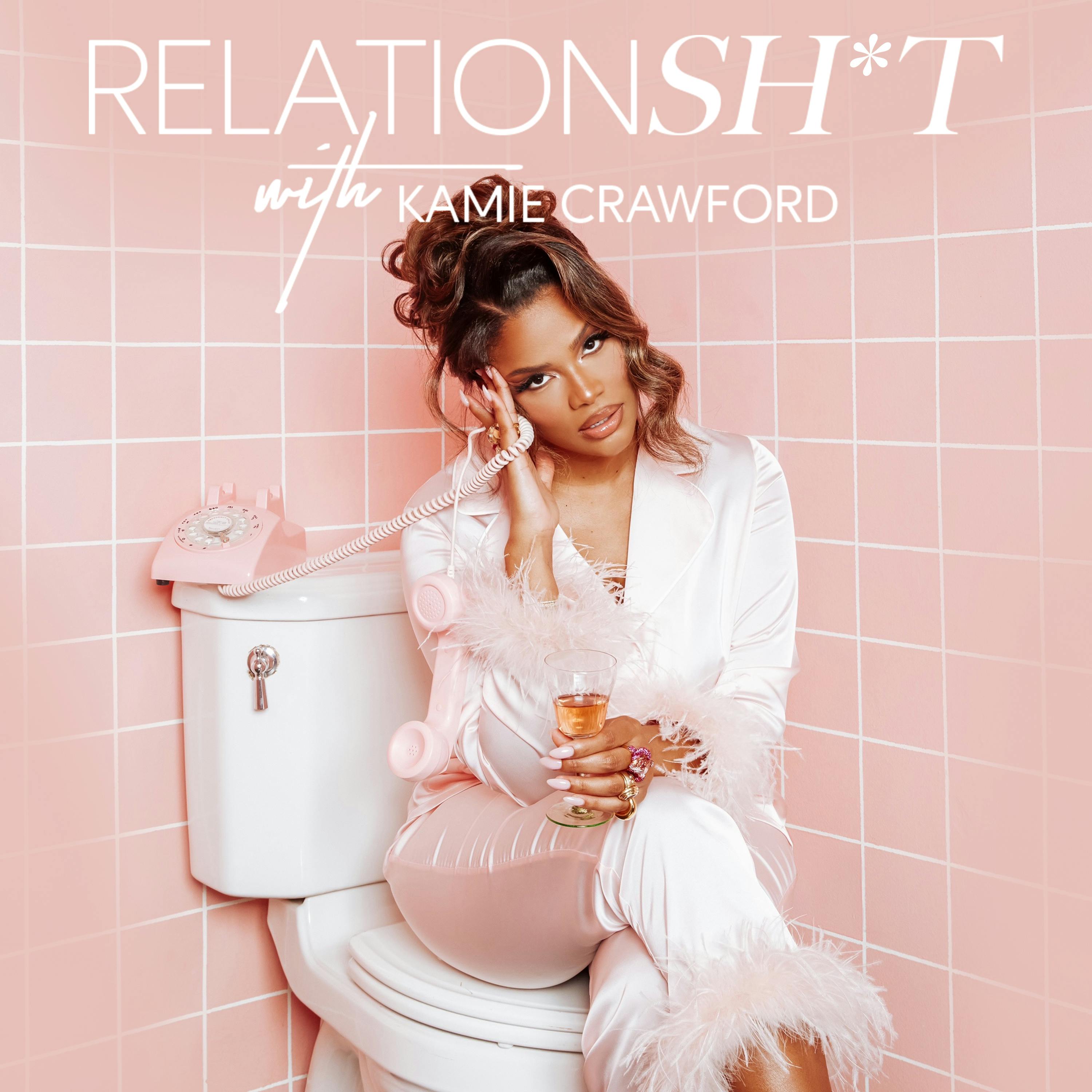
Relationsh*t with Kamie Crawford
Kamie Crawford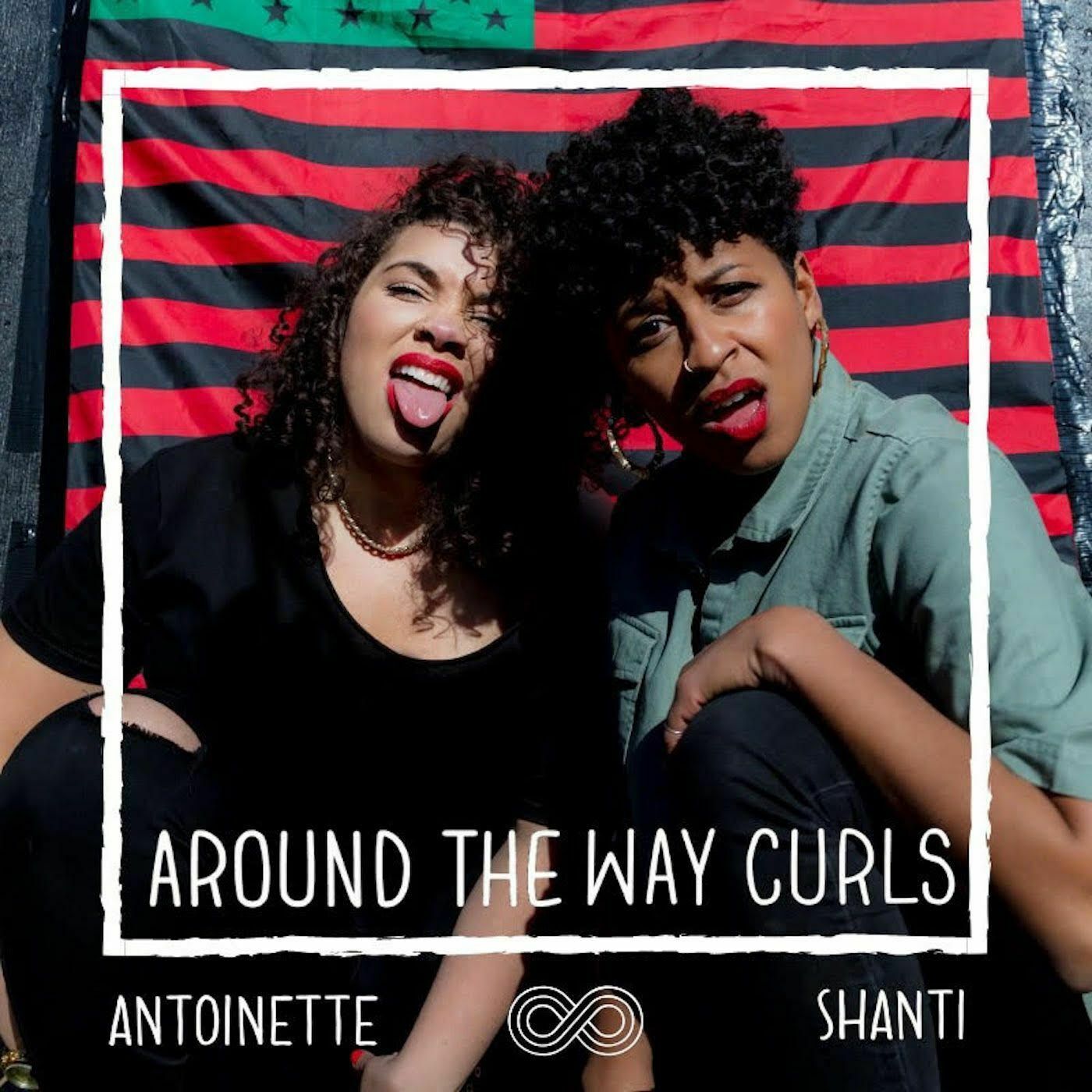
Around The Way Curls
Antoinette Lee & Shanti Mayers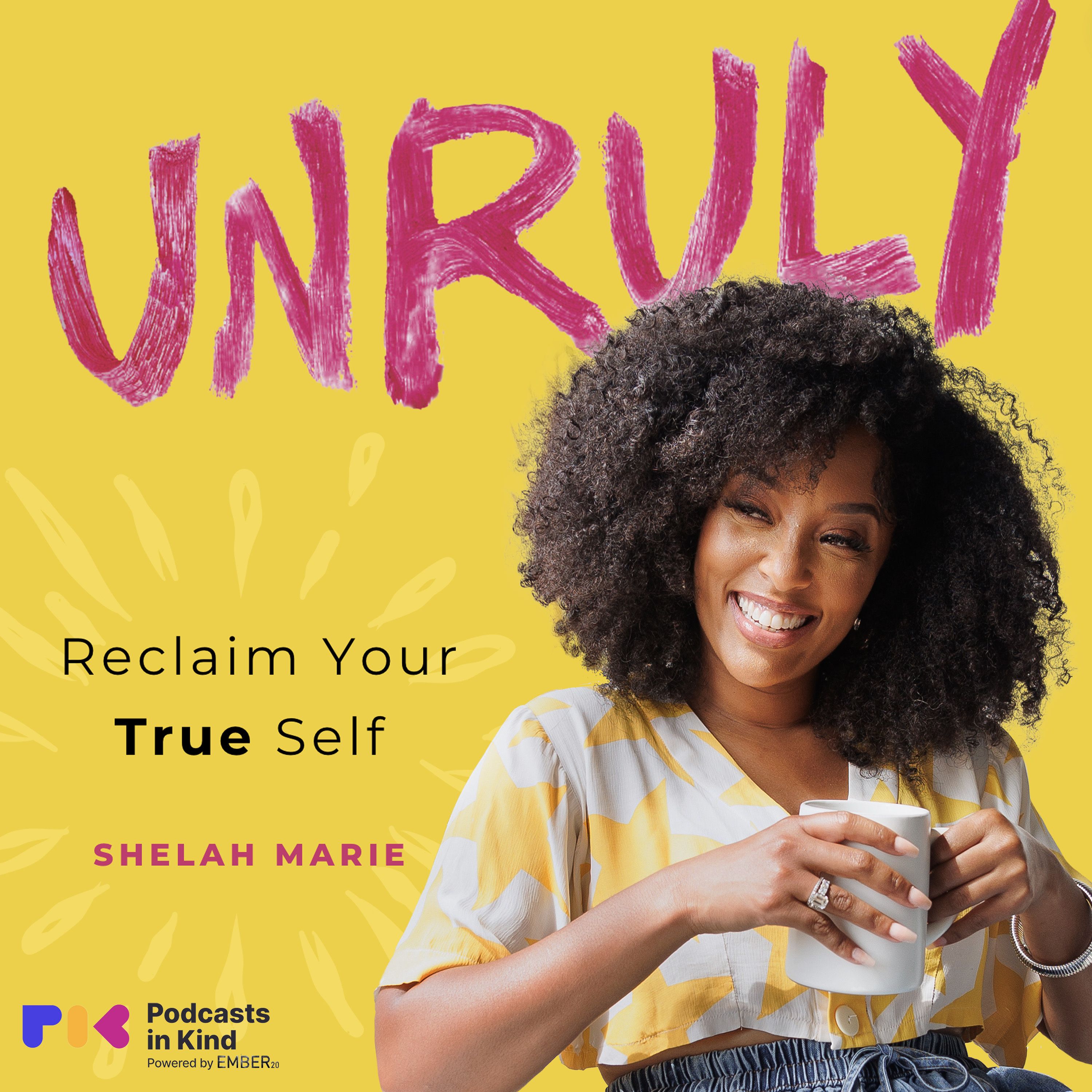
UNRULY WITH SHELAH MARIE
UNRULY WITH SHELAH MARIE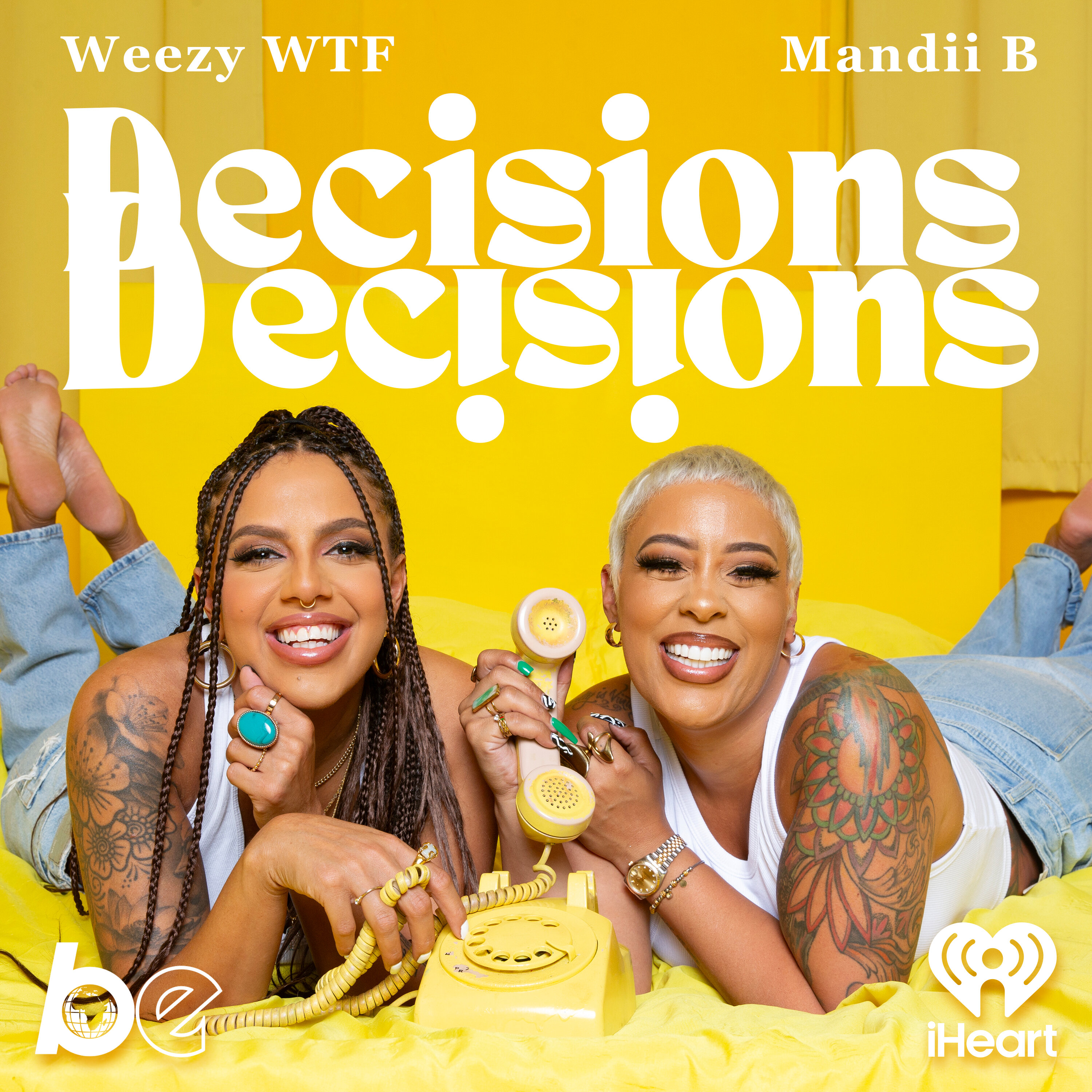
Decisions, Decisions
The Black Effect and iHeartPodcasts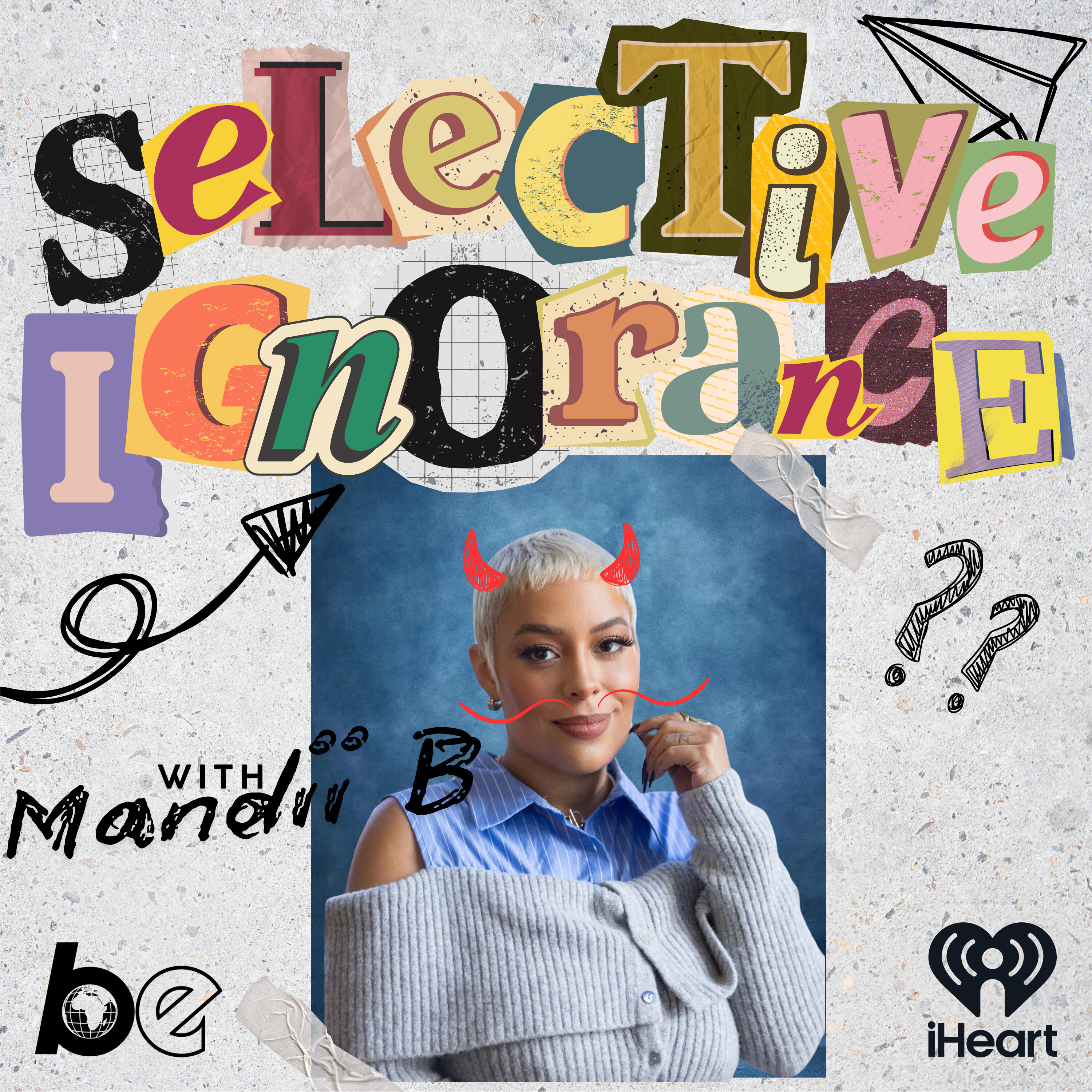
Selective Ignorance with Mandii B
The Black Effect and iHeartPodcasts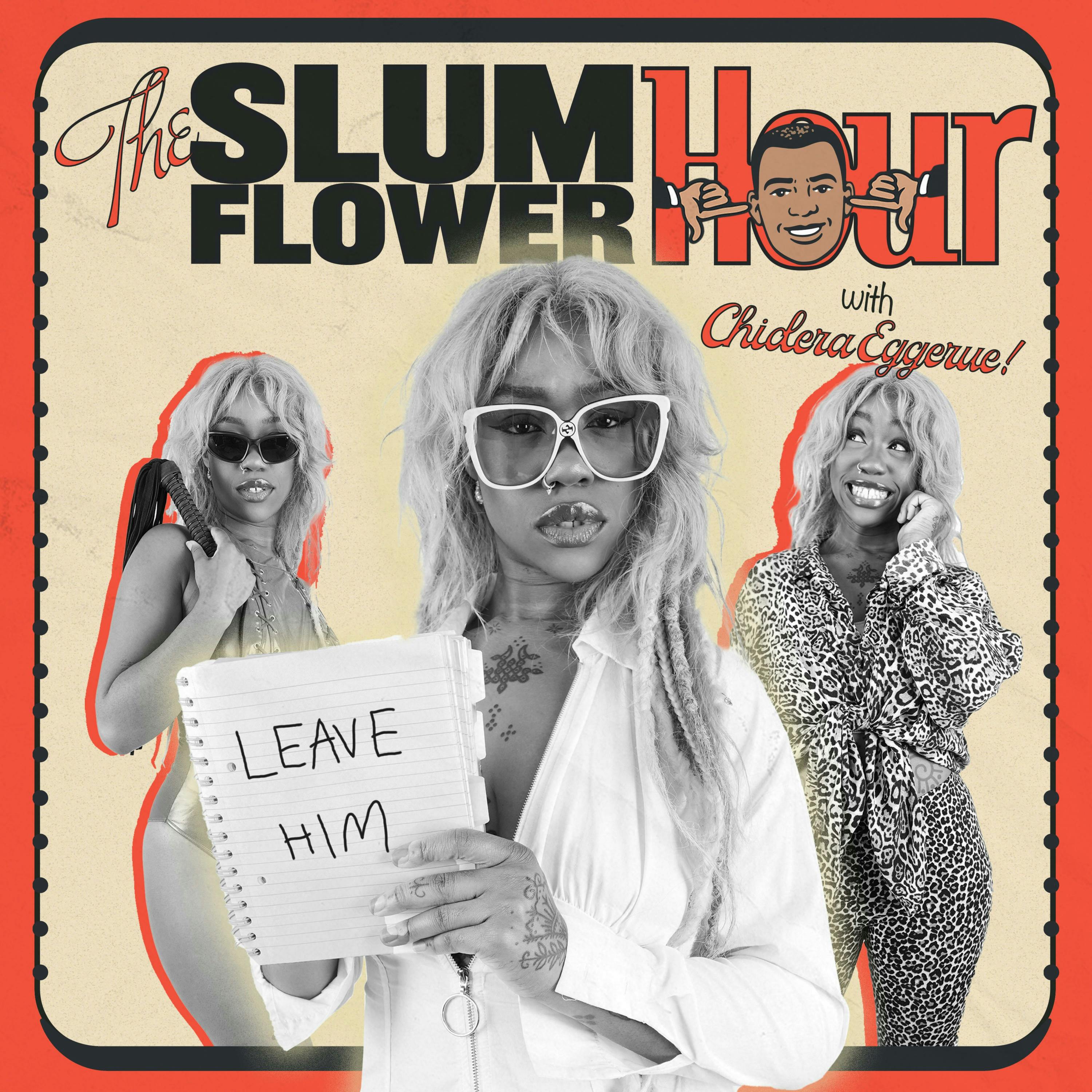
The Slumflower Hour
Chidera Eggerue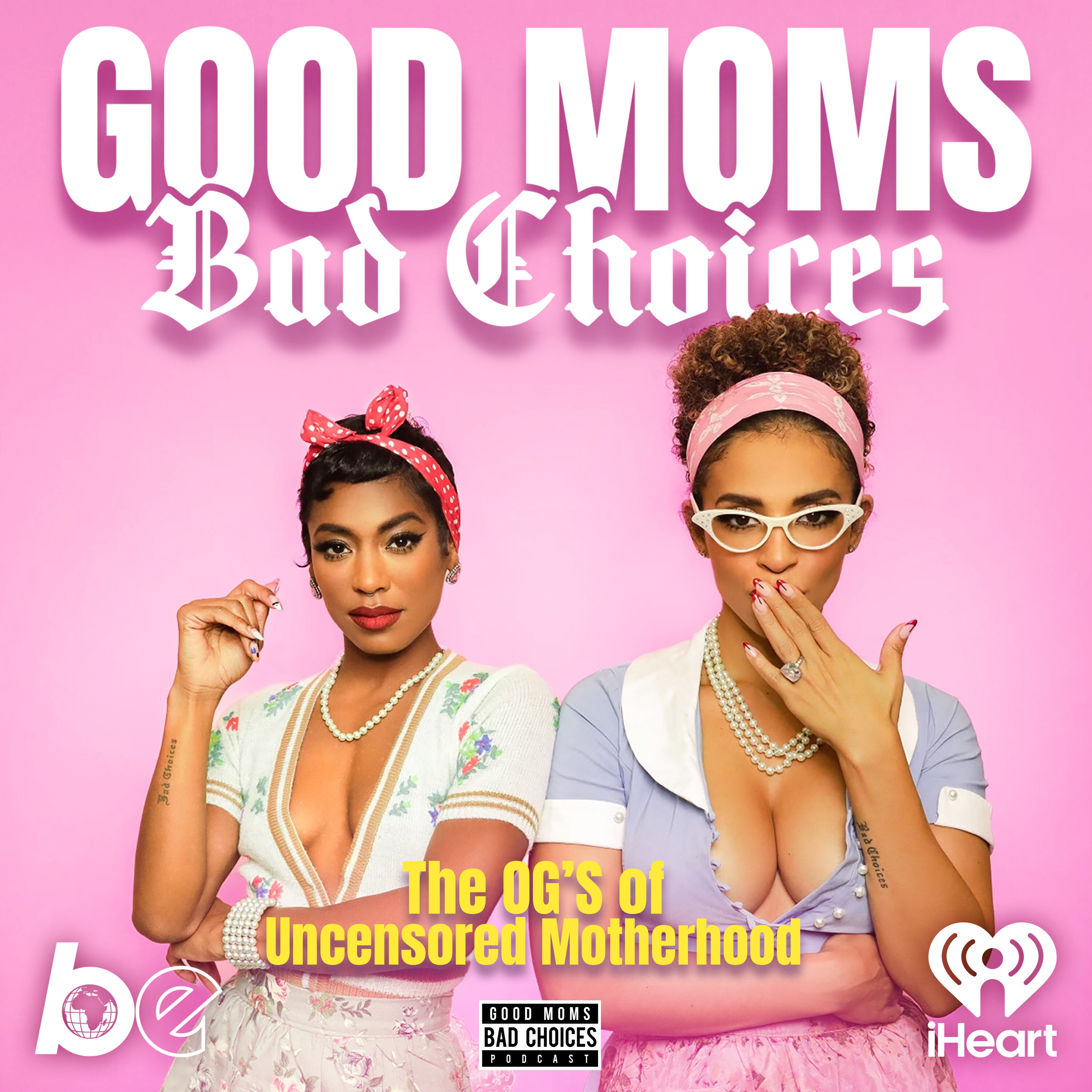
Good Moms Bad Choices
The Black Effect and iHeartPodcasts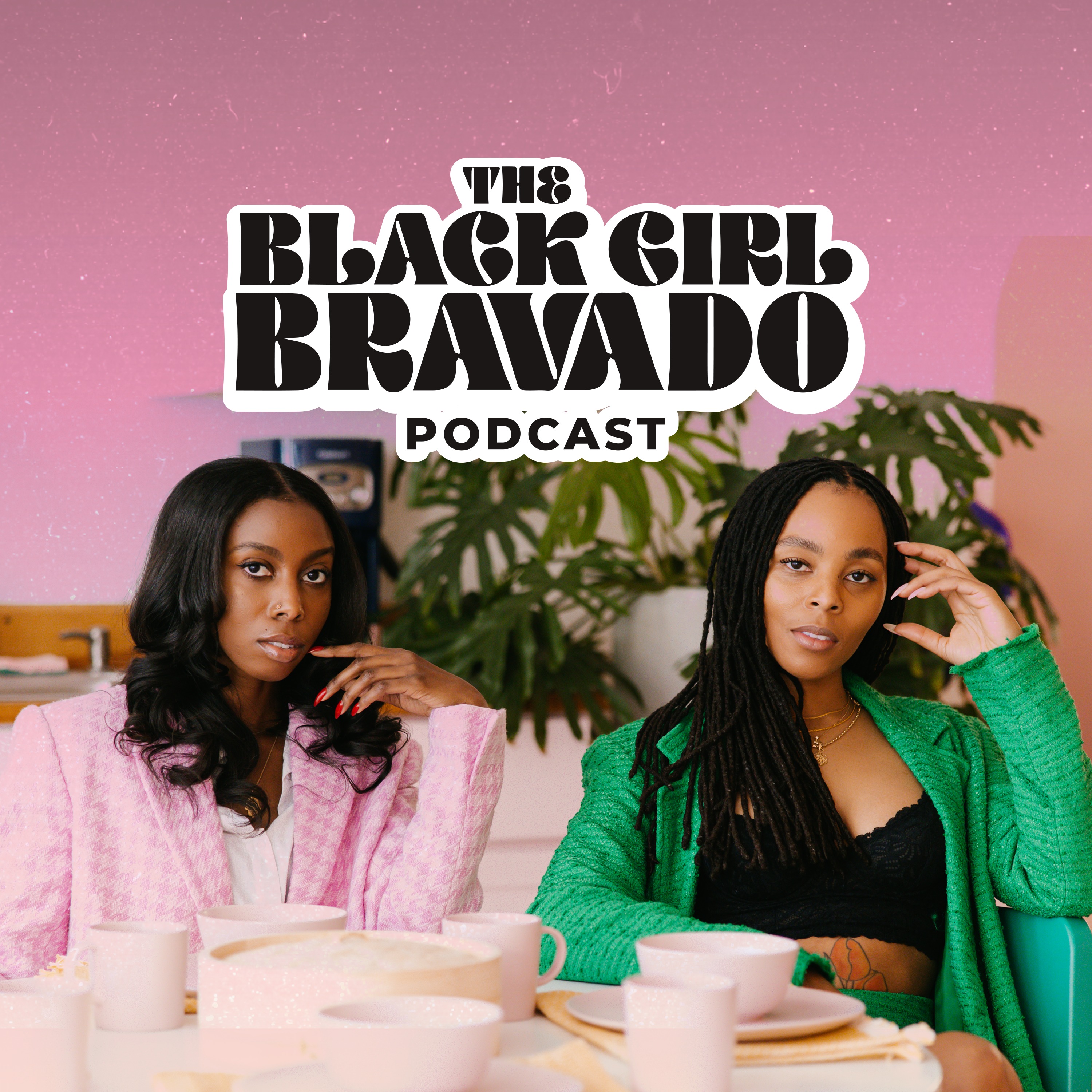
The Black Girl Bravado
Black Girl Bravado
Slay Girl Slay
Ashley Leggs
She's So Lucky
She's So LuckyUpstream
Upstream
SpeakEZ Black Renaissance Podcast
Qadry Harris, M. Div.
Bobo's Void
Bobo, Donavon and Mango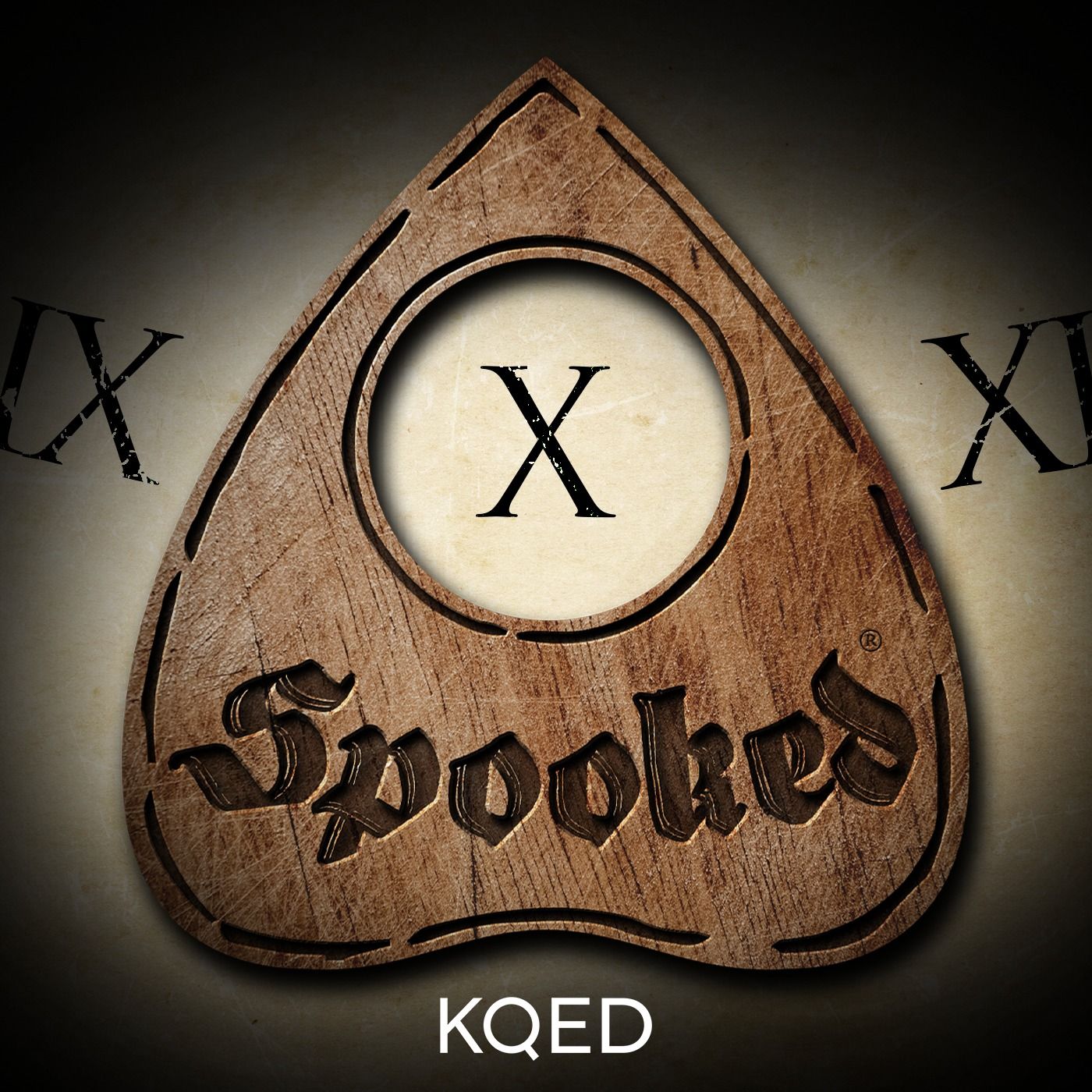
Spooked
KQED and Snap Studios
Caribbean Mystics
SpectreVision Radio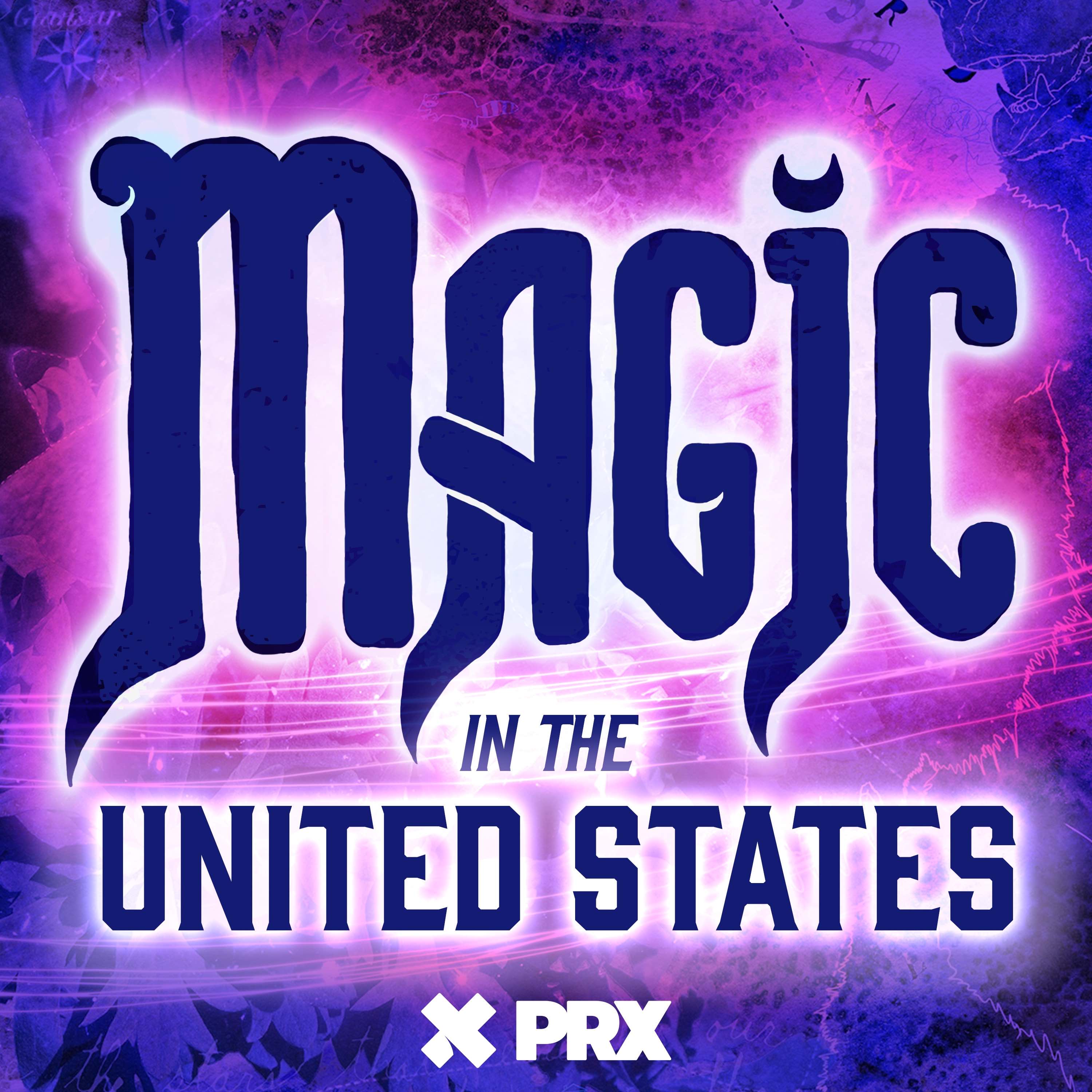
Magic in the United States
Magic in the United States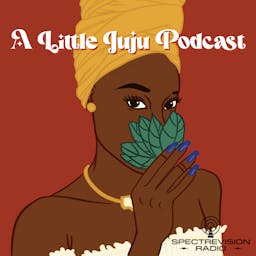
A Little Juju Podcast
SpectreVision Radio
Sensual Faith Podcast with Lyvonne Briggs
Lyvonne Briggs
Our Ancestors Were Messy
Nichole Hill
The Bankrupt Millionaire
Samia Burton
The Love Seat
Lauren Speed-Hamilton and Cameron Hamilton
CultureCon Uncut
Spotify Studios
Hold For Maintenance
Hold For Maintenance

%20-%20TheFreePeopleProject%20Admin.jpeg)